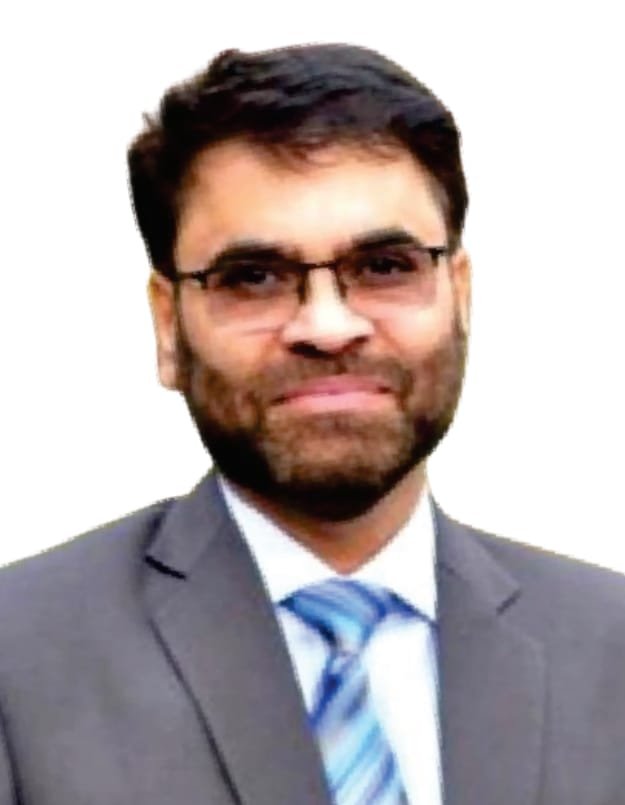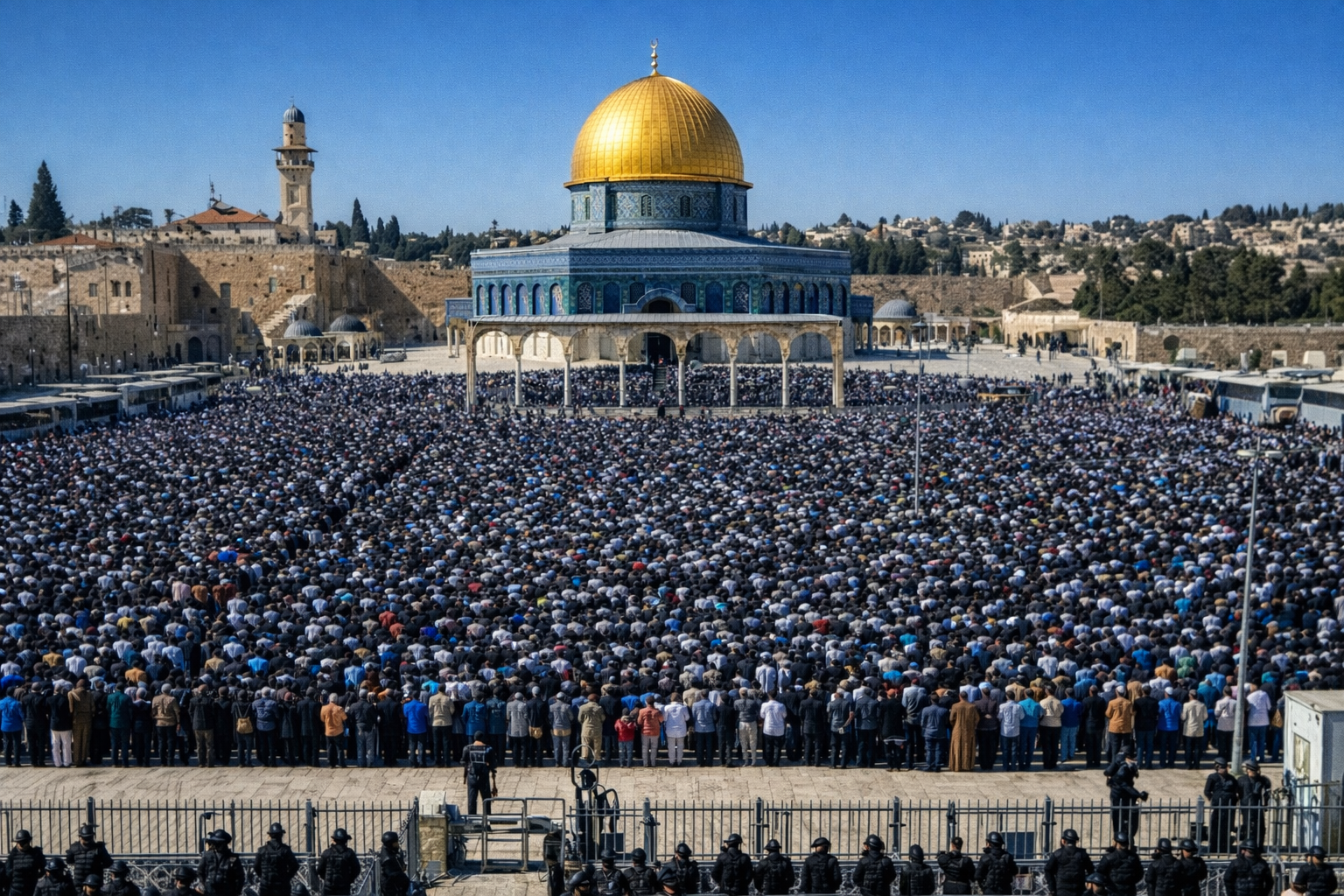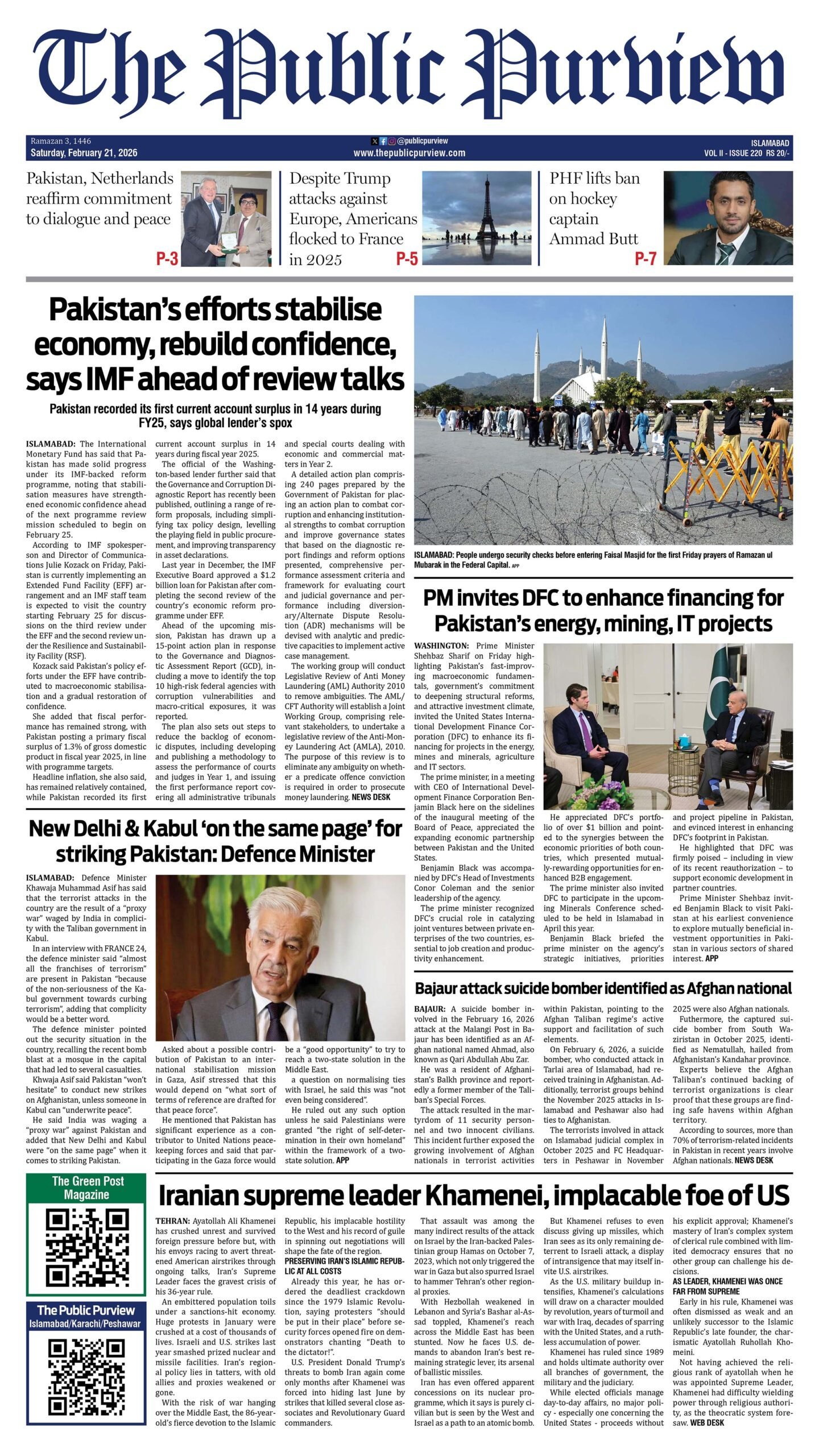In a historic address at Bitcoin Vegas 2025, Bilal Bin Saqib, Pakistan’s newly appointed Minister for Crypto and Block chain, announced a bold new direction for the country’s digital and economic identity. The creation of Pakistan’s first state backed Strategic Bitcoin Reserve. The move is more than symbolic; it places Pakistan squarely at the center of the global conversation on block chain, decentralized finance (DeFi) and Web3.
What made Bilal’s keynote so striking wasn’t just the announcement itself but the clarity of vision and the conviction behind it. Speaking to an international audience that included high profile U.S. figures such as Vice President JD Vance Eric Trump and Donald Trump Jr, the 34-year old minister positioned Pakistan not as a passive adopter of digital technology but as a leading force ready to shape the crypto powered future.
The Strategic Bitcoin Reserve, as outlined by Bilal is not intended for short term profit or speculative trading. Instead it will serve as a sovereign store of value a hedge against inflation currency devaluation and financial exclusion. By placing Bitcoin under state custody, Pakistan signals a long term commitment to block chain based finance that goes far beyond trend chasing.
At a time when many developing nations are still debating the legitimacy of cryptocurrencies Pakistan is moving decisively. With over 40 million active crypto wallets and a median population age of 23 the country is already deeply entrenched in the digital economy. Recognizing this, Bilal Bin Saqib declared, “I’m not just here as a minister. I’m here as the voice of a generation, a generation that is online, on chain, and unstoppable.” It was more than a political soundbite it was a challenge to the status quo
One of the most ambitious components of the minister’s announcement was Phase 1 of a state-led infrastructure project, which allocates 2,000 megawatts of surplus electricity to Bitcoin mining and artificial intelligence data centers. This reimagines energy use not as a burden, but as an asset. Rather than waste electricity or sell it at undervalued rates, Pakistan aims to use it to mint digital assets and fuel computational power turning excess capacity into national revenue.
This bold step also serves a dual purpose: it attracts sovereign miners, global tech firms and renewable energy partners to invest in Pakistan’s infrastructure, while positioning the country as a low-cost hub for future technologies.
Equally important was the announcement of the Pakistan Digital Assets Authority (PDAA) a new regulatory body designed to bring clarity, accountability, and protection to the country’s growing digital ecosystem. The PDAA will focus on safeguarding investors, enabling developers and creating a robust legal framework that encourages innovation without compromising on compliance.
For years, lack of regulatory certainty has held back countless crypto and fintech entrepreneurs in Pakistan. The PDAA promises to change that by providing a clear path forward.
“Both Pakistan and Bitcoin have suffered from bad PR,” Bilal noted. “But if you look past the headlines, you’ll see something else: talent, resilience, and vision.” It was a line that resonated beyond the crypto community. Indeed, Pakistan has often been painted in broad, negative strokes terrorism, instability, and economic fragility. But in this narrative shift, the minister presented another image: a young, vibrant population of freelancers, coders, and entrepreneurs hungry for opportunity.
Bilal’s address was as much about nation branding as it was about economic reform. By aligning Pakistan with the decentralized ethos of Bitcoin and Web3, he is betting on the idea that transparency, resilience, and digital innovation can restore global trust in the country.
Perhaps the most powerful part of the speech was Bilal’s invitation to the world: “If you’re building something real come build it in Pakistan. Come build wallets for the unbanked. Come tokenize land. Come scale your mission with our youth and our unstoppable grit.” Therefore, it is hoped that the young generation will take advantage of such an opportunity to boost the economy of the country.







 Today's E-Paper
Today's E-Paper